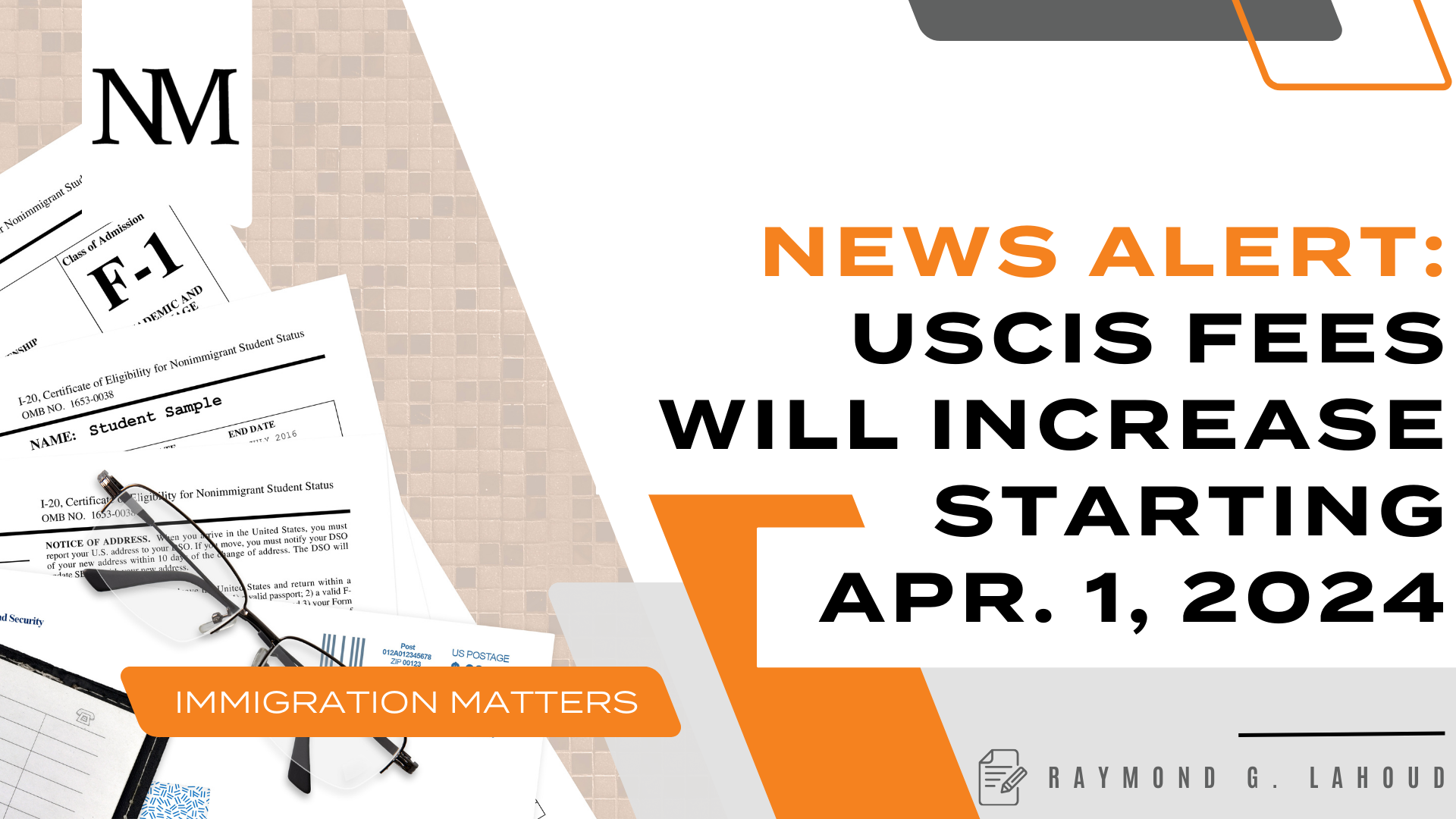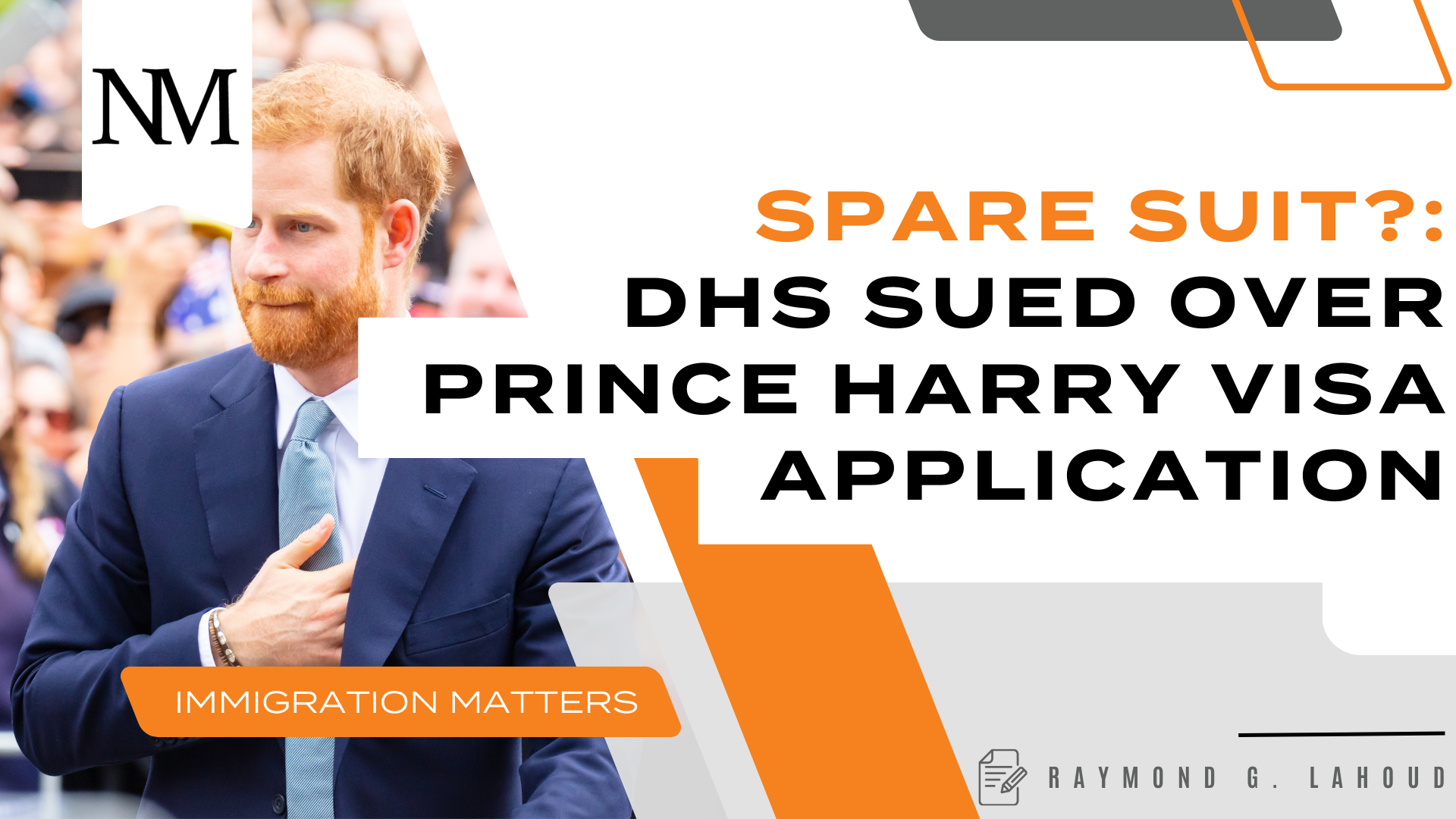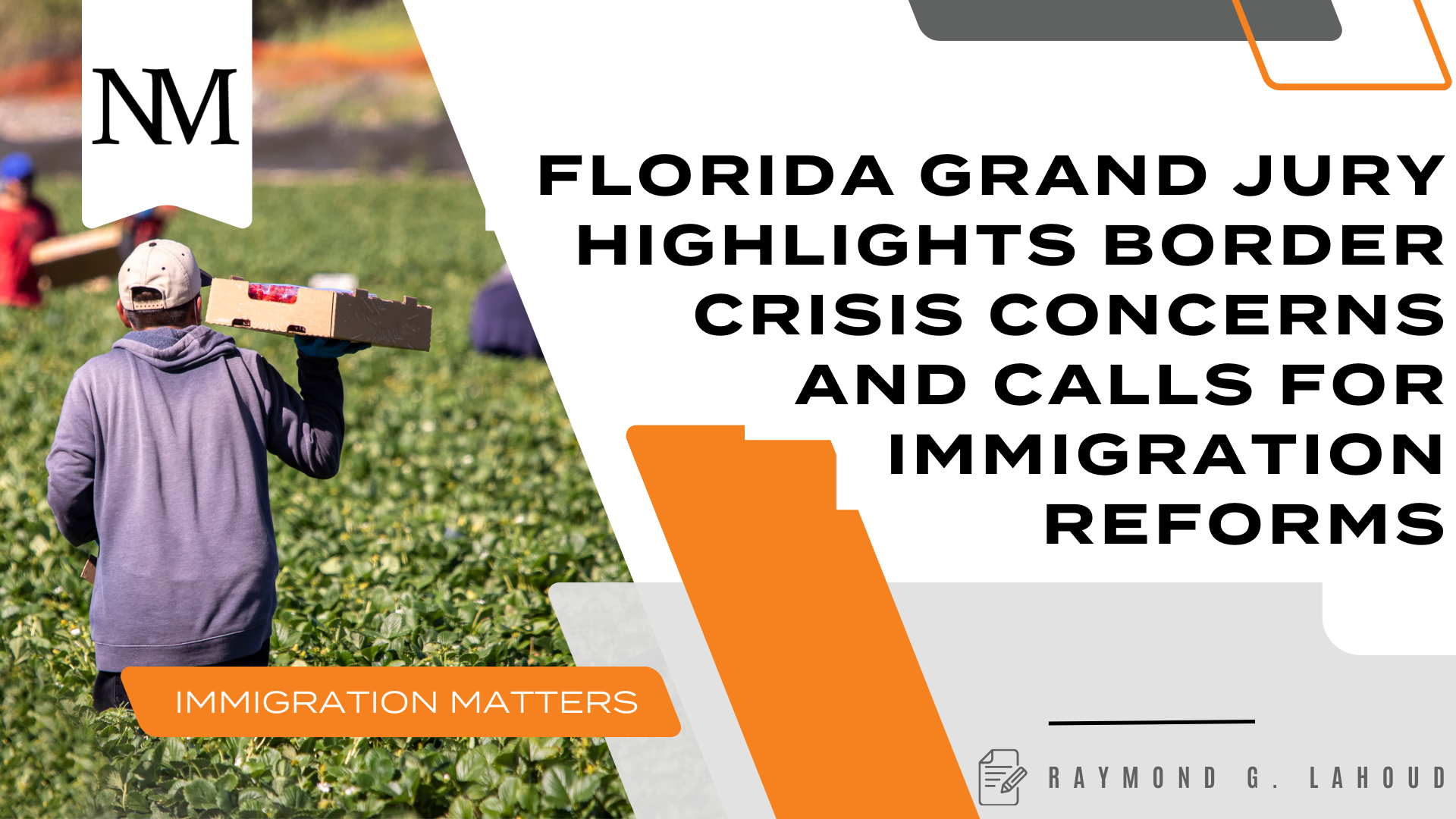Ninth Circuit Allows the End of Temporary Protected Status

On September 14, 2020, the United States Court of Appeals for the Ninth Circuit reversed a decision of a federal judge that had preserved Temporary Protected Status (“TPS”) for citizens of El Salvador, Haiti, Sudan, and Nicaragua. The Circuit Court ruled that the Department of Homeland Security (“DHS”) had acted within the limits of its authority to end TPS. The Trump administration has agreed to maintain the protections at least until March 5, 2021, for people from the affected countries, and until November 2021 for people from El Salvador. The Plaintiffs, as a next step, will seek en banc review from the Ninth Circuit.
What is Temporary Protected Status?
The TPS law was signed by President George H.W. Bush in 1990. Congress approved this humanitarian program, which allowed the Secretary of Homeland Security to designate a foreign country for TPS. The Secretary will from time to time designate a foreign country for TPS after gauging the conditions in that country that temporarily prevent the country’s nationals from returning safely. Primarily, the conditions that lead to the designation of a country as TPS include natural disasters, armed conflicts, or other “extraordinary or temporary conditions.” Although TPS does not lead to legal permanent resident status (with a few exceptions), an alien who has been granted TPS is not removable from the United States, can obtain employment authorization, and may be granted travel authorization.
Impact of the Ninth Circuit Decision
It is estimated that the Ninth Circuit’s order is likely to displace 400,000 TPS-approved aliens. Once the TPS program is suspended, these aliens can be put into removal proceedings, as they will no longer hold any legal status to remain in the United States. The Ninth Circuit decided that DHS has complete power and unreviewable discretion to redetermine whether countries continue to be eligible for TPS. DHS argued that the conditions that placed El Salvador, Haiti, Sudan, and Nicaragua on the list for TPS have changed. On the other hand, the attorneys for the plaintiffs have stated that they are likely to seek reconsideration of this decision by an 11-judge panel hearing. The case is expected to reach the Supreme Court. The case could also become moot if the November 2020 election results in a change in the U.S. presidency.
Haitians continue to be the beneficiaries of the separate, ongoing preliminary injunction issued by a federal court in New York, which is on appeal with the Second Circuit. In yet another court, TPS terminations for Honduras and Nepal have been put on hold pending adjudication of this case.
Current TPS holders are urged to consult with immigration attorneys to explore any other form of relief that may be available to them. To learn more about this blog post or if you have any other immigration concerns, please feel free to contact me at rglahoud@norris-law.com or (484) 544-0022.




